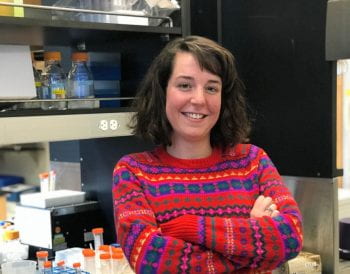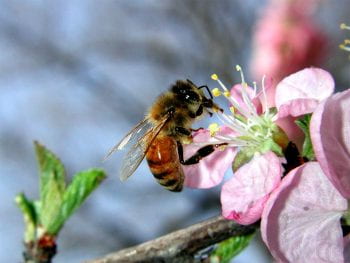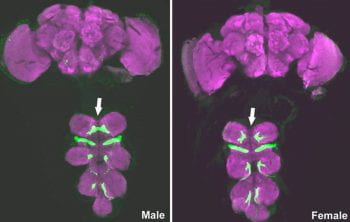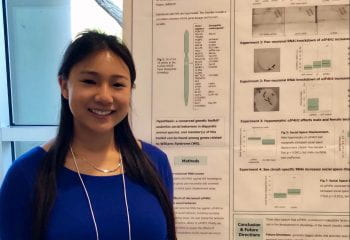How Can Bees Tell Friend From Foe? All Things Considered, NPR Science column: The secret life of bee bacteria; All in a Day with Alan Neal, CBC Radio, Canada Bee microbiome smells tell nestmates apart; Eva Higginbotham, The Naked Scientist Gut Feeling: Research Reveals How Honeybees Identify Outsiders; Environmental News Network Honey bees tell friend […]
In the news: Cassie’s new study is featured on NPR’s All things considered and other news outlets









